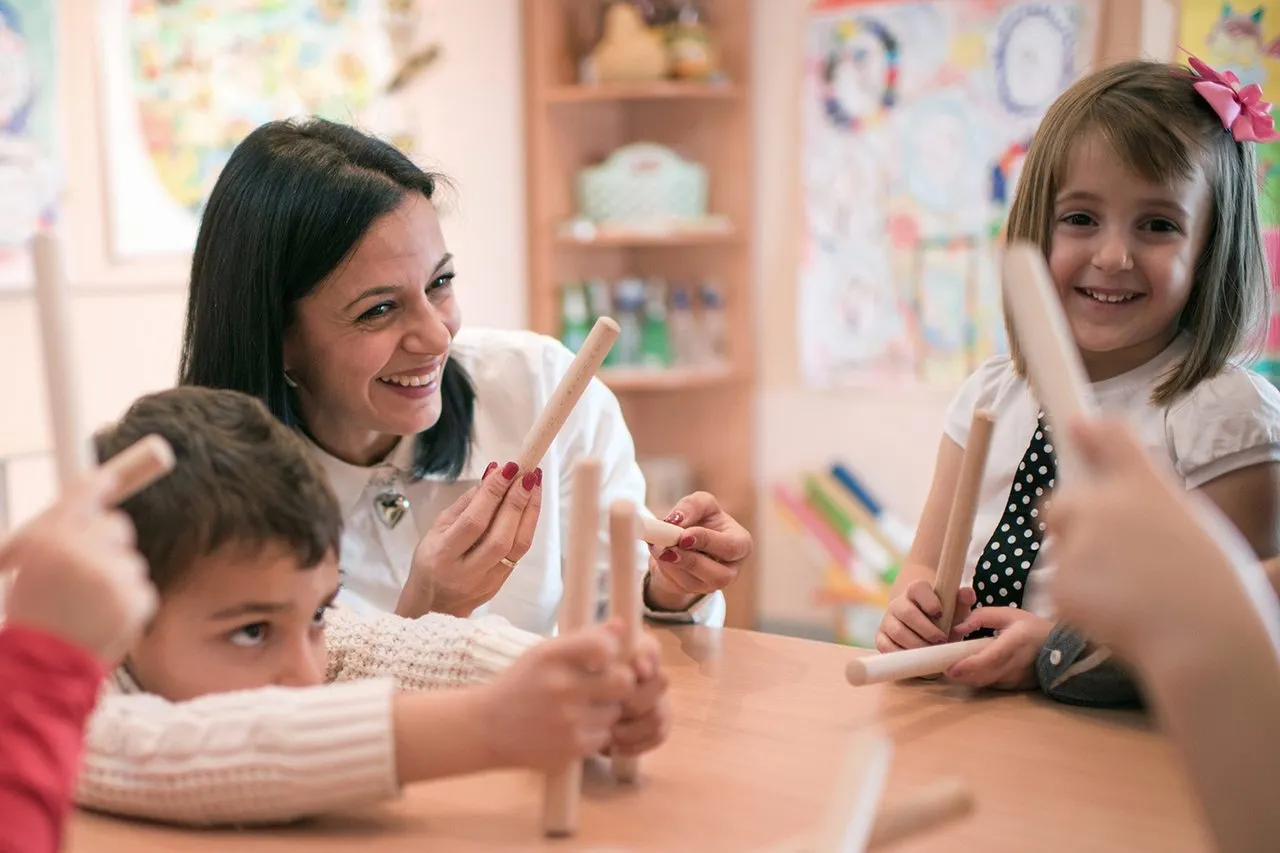Secondary schools do a fine job teaching adolescents about subjects such as math, science, language and history. The time spent in these institutions provides kids with the tools for the future, covering subjects ranging from philosophy to trigonometry to poetry to chemistry. Such academic institutions are meant to form the minds of children in a logical, scholastic way.
That said, secondary schools do not always sufficiently cover every topic relevant to adolescent life. These topics are not of an academic nature, but they are still extremely important to growing up. This is where the work of parents comes in.
Drugs and alcohol are two subjects in which parents must definitively take the lead in the education of their children. Secondary schools often bombard kids with an attitude of zero-tolerance to such substances – an attitude that is ideal but not always realistic. Most adults enjoy a drink of alcohol at least every once in a while, and it may be difficult for students to reconcile such behavior with the strict mandates they are given in school.
Sex is also a complex issue that secondary schools often deal with a “just say no” policy. While abstinence is ideal, it is not always realistic. Nor does it always fall within the moral guidelines of all parents. And even if it does, that doesn’t mean adolescents will always abide.
It’s important to talk to kids about sex and birth control, making sure that they know what options are available. Adolescents must feel comfortable with coming to parents with questions and concerns about sexual activity. The issue should not be taboo within their homes.
Parents must engage their children in a conversation about sexual activity, from birth control to STDs to safe sex. Kids must know what options are available to them and feel comfortable with talking to their parents.
While sex, drugs and alcohol quite obviously fall in the arena of parents’ responsibilities, other subjects do not. Take, for example, the question of the future. Of course, secondary schools are institutions formed upon the idea of preparation for the future. That said, the way in which they do so is often by way of an instructional monologue. Though adolescents may seem too young to even think about the future, parents may be surprised to find out that they do have a fair share of anxieties. Parents must talk to children about their goals and dreams, about what they really want to do with their lives. Parents may not get any definitive answers out of their teens, but they will most definitely get to know them more.
Secondary schools cannot be depended upon to provide adolescents with all the tools they need for adult life. Parents must also play an important, more conversational role in a child’s formation.
This is all for now, Thank you guys for your visit. Feel free to post your
comments.
Have a nice day, till next time see you.... @meherin




